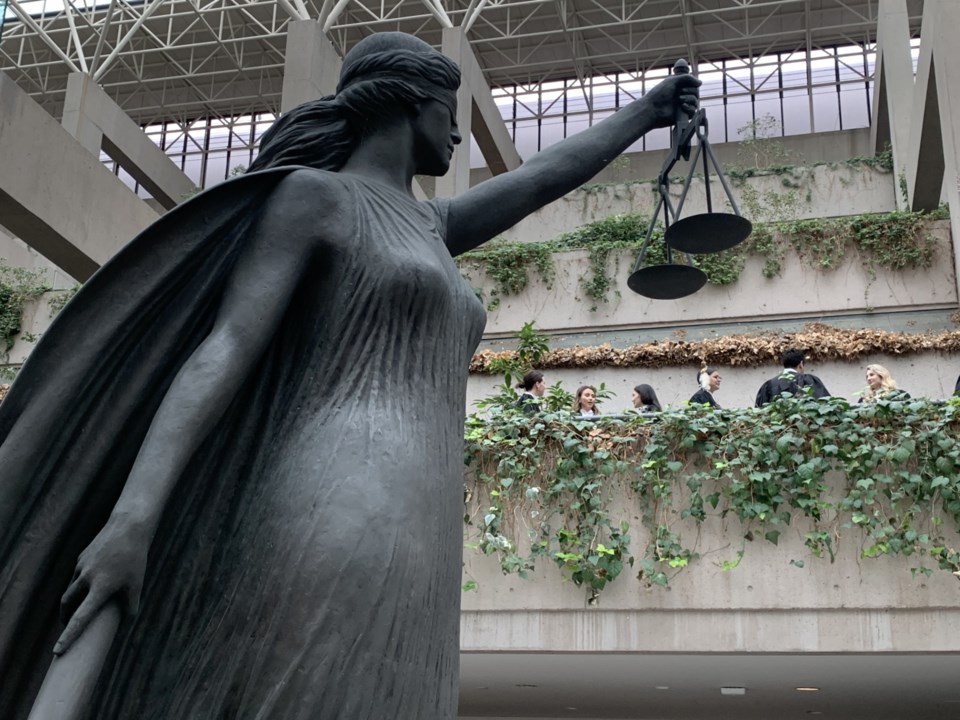B.C.’s Court of Appeal has relaxed the child contact conditions of a man who pleaded guilty to one count of possession of child pornography.
Trenton Clifford Jonathan Adams was sentenced in 2022 to 16 months’ prison less 90 days credit for time served, a two‑year probation order and a five‑year order prohibiting him from certain activities that might put him in contact with persons under the age of 16.
Adams admitted to possessing 357 images and five videos depicting child pornography.
The sentencing judge, B.C. Supreme Court’s Justice D. MacDonald, cited Adams’s high risk of re-offending, lack of insight into his offence and refusal to participate in sex offender programming, in passing sentence.
“Mr. Adams has not taken concrete steps to take his life in a different direction since the offence. Rather, he has put blame on others,” MacDonald said in the December 2022 sentence. “Importantly, Mr. Adams maintains that his crime is victimless. This is very troubling given the enormous impact his offence has on society at large and specifically on children. It also does not acknowledge that the consumption of child pornography fuels a global industry that exploits and seriously harms children.”
Adams’s argument before the appeal judges was that the absence of an “incidental contact” exception makes it impossible for him to function in society.
“It is, he reasonably points out, impossible to move around, to use public transit, to walk down the street, to do virtually any everyday activity without risking breaching the condition or prohibition,” the ruling written by Justice David Harris said.
Adams’s argument wasn’t sufficient for the appeal court, however. The court noted MacDonald had taken care to craft an order so as not to be overly harsh while protecting the community.
But, the court said, the sentence’s wording was not clear enough to provide guidance to a probation officer.
“The appellant’s no‑contact order is modified to permit incidental communication, contact, or presence in a public place where other adults are present,” the decision said.


